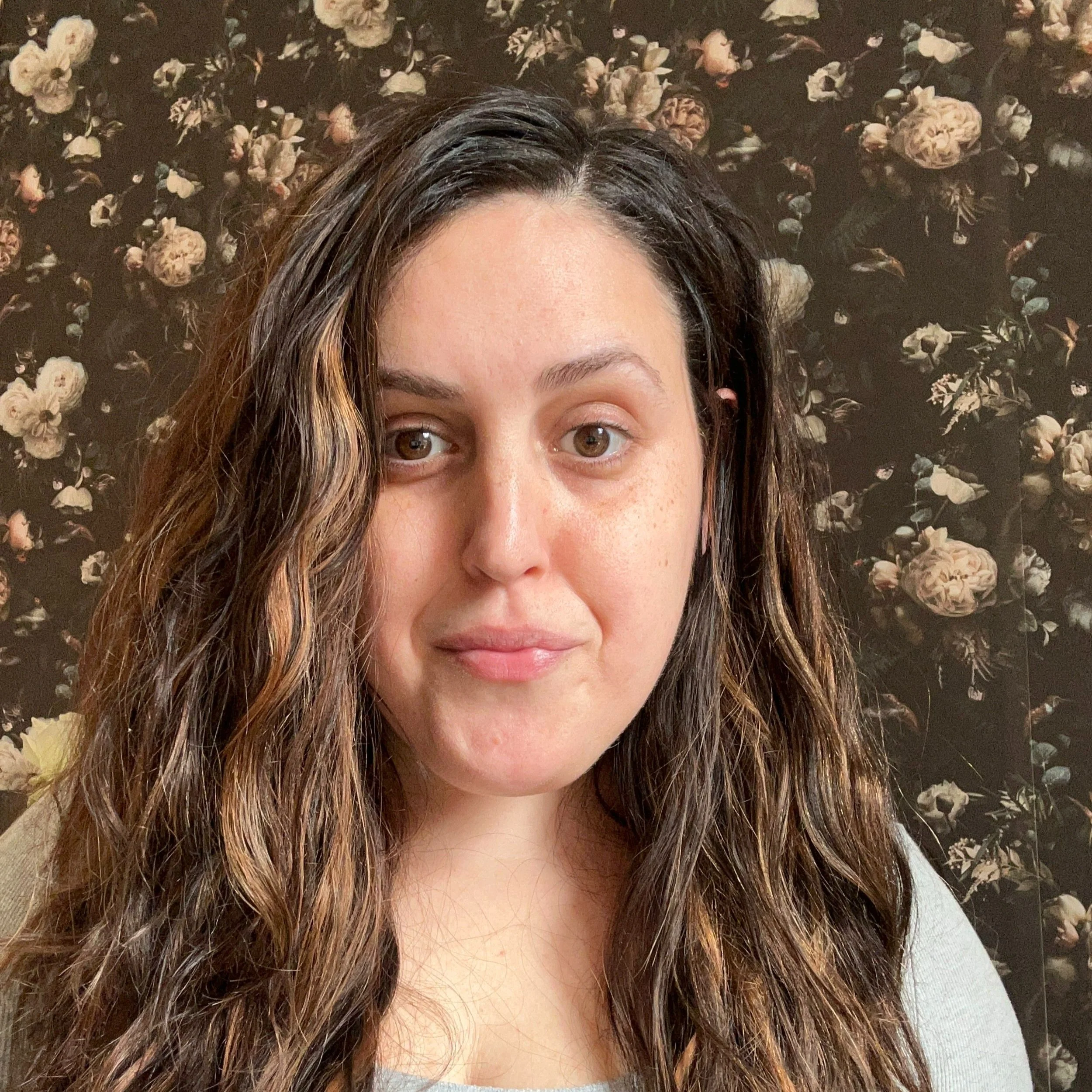Trauma Therapy
Trauma therapy is a specialized form of counseling designed to help individuals overcome the emotional and psychological effects of traumatic experiences and emotional wounds. What sets trauma therapy apart from traditional therapy is its focus on the specific impacts of trauma on the brain and body.
Trauma therapy often involves creating a safe and stable environment where clients can gradually confront and process their traumatic experiences. It incorporates specialized techniques that target trauma-related symptoms and the underlying emotional wounds, aiming to reframe and integrate traumatic memories. This approach differs from traditional therapy, which may not specifically address the unique ways trauma affects an individual’s mental and emotional health. Our goal in trauma therapy is to support clients on their journey towards recovery, helping them reclaim their lives and achieve a sense of safety and well-being.
“You’re not healing to be able to handle trauma, pain, anxiety, depression. You’re used to those. You’re healing to be able to handle joy and to accept happiness back into your life.”
-

Brainspotting
A method that helps individuals process & release trauma, anxiety, & emotional distress by accessing deep neural pathways through focused eye positions.
-

CPT Therapy
An approach that addresses PTSD by guiding individuals in changing negative thought patterns & beliefs, promoting healing & emotional well-being.
-

EMDR Therapy
A therapy that helps individuals heal from trauma or distressing life experiences through guided bilateral stimulation movements.
-

The Flash Technique
An approach aimed at alleviating distressing memories and trauma-related symptoms without needing to recount the traumatic events.
-

POLYVAGAL TECHNIQUES
Help regulate the nervous system by fostering awareness of bodily sensations to manage stress and improve emotional well-being.
-

DBT Therapy
An approach fostering balance through mindfulness to improve emotion regulation, interpersonal skills, distress tolerance, & acceptance.
Our Trauma Therapist
FAQs
-
We accept most major health insurance plans—view the current list here. For those without insurance or who prefer not to use it, we offer flexible self-pay options. Our goal is to make quality mental health care accessible to everyone.
-
Typically, individual counseling sessions last between 45 to 60 minutes, though this can vary based on the therapist's approach and the client's needs.
-
The frequency of sessions is often determined collaboratively by the therapist and client, with many individuals starting with weekly sessions and adjusting as needed.
-
Yes. In fact most people choose this option due to the convenience and accessibility. All of our therapist have the ability to meet via video sessions on our secure and confidential platform.
-
Yes. However appointments are limited because not all of our therapist provide in-person appointments. Contact us to check if your therapist provides in-person appointments.

Step 1
connect with us
Reach out to us by clicking the button below.
Step 2
Schedule your first session
We will help you pick a therapist.
Step 3
Meet your therapist
Build rapport & collaborate on therapy goals.












